Juuced Data Explainer
- Users
This is the total number of users visiting your website in the selected time frame.
Users are defined by a unique ID – this ID is usually stored in a cookie. Whenever the tracking code is executed, it looks for cookies on the browser set by the current domain. If they can’t be found, new cookies with a new ID are set.
- Pageviews
This is the total number of Pageviews of your website in the selected time frame.
A pageview is recorded every time a page is viewed. Or, more technically, a pageview is recorded every time the Google Analytics pageview tracking method is executed. When a user hits the back button, a pageview is recorded. When a visitor hits refresh, a pageview is recorded. Every time a page is opened in the browser, regardless of whether it has been cached, a pageview is recorded.
- Avg. Time on Page
This is the average time user spent on your website pages in the selected time frame.
Time on Page is measured by subtracting the time a visitor hits a page from the time they hit the next page. (e.g. If they hit Page 1 at 12:00 and hit Page 2 at 12:03, time on Page 1 is three minutes.)
- Bounce Rate
Bounce rate is the percentage of single page visits on your website during the selected time frame. It is the percentage of visits in which a person leaves your website from the landing page without browsing any further.
- Number of Website Pageviews Per Day
A Pageview is recorded every time a page is opened in the browser. This chart shows the total number of website pageviews for each day in the selected time frame.
- New vs. Returning Website Users
This chart shows the percenatge of New vs Returning visitors to your website in the selected time frame.
A New Visitor is a visitor who did not have a Google Analytics cookie when they landed on your website page.
A Returning Visitor is a visitor with existing Google Analytics cookies from a previous visit.
- Website Visits By Day Of Week
This chart is of the average number of website visits for each day of the week in the selected time frame.
- Top Website Pages
This is a chart of the pages from your website with the most visits in decending order in the selected time frame.
- Search Impressions or Clicks
Search Impressions are the number of times a link from your website appeared in search results viewed by a user in the selected time frame.
Search Clicks are the number of clicks to your website from a Google Search results page in the selected time frame.
- Search by Device
This chart identifies the type of devices users were operating on when searching for your business in the selected time frame.
- Source of Visits
This chart shows where the visits to your website came from as a percentage in the selected time frame.
- Users by Gender or Age Group
These charts identify users to your website by Gender and Age in the selected time frame. This information helps identify your target profile customer.
- Top Search Keywords
This is a chart of the top search keywords (the word or phrase) someone enters into a search engine (ie. Google) that is related to your business in the selected time frame.
- Top Landing Pages in Search
This is a chart of the top landing pages from your website that appear when users use specific keywords in a search engine (ie. Google) in the selected time frame. The home page of a website is not the only landing page; every page in your website has a purpose and is a potential search engine landing page.
- Total Search Impressions
This is the total number of times your Google My Business listing was shown as a result of a search in the selected timeframe.
- Website Visits
This is the number of times someone clicked from your Google My Business listing to your website in selected time frame.
- Phone Calls or Direction Requests
This is the number of times someone requested directions to your business location or phoned your business from your Google My Business listing in selected time frame.
- Views on Map
This is the number of times users viewed your Google My Business listing on Google maps in selected time frame.
- Avg. Overall Star Rating
Google uses a five star rating scale to rank businesses based on performance. Consumers are given the opportunity to leave a business review, which includes choosing a grade from one star (poor performance) to five stars (excellent service). This is your average Star rating.
- Total Review Count
This is the total number of reviews your Google My Business listing has received from customers.
- New Reviews
This is the total number of new reviews your Google My Business listing has received from customers in selected time frame.
- Total Page Views
Page views are the number of times a Page's profile has been viewed by people, including people who are logged into Facebook and those who aren't during the selected time frame.
- Content Clicks
Content clicks are the number of times people clicked on any of your content in the slected time frame.
- Total Impressions
Total Impressions are the number of people who have seen any content associated with your Page in the selected time frame.
- Viral Impressions
Viral Impressions are the number of people who saw your Page or one of its posts from a story published by a friend in the selected time frame.
These stories include liking your Page, posting to your Page's Timeline, liking, commenting on or sharing one of your Page posts, answering a Question you posted, RSVPing to one of your events, mentioning your Page, phototagging your Page or checking in at your Place.
- Likes
Page Likes are the total number of people who liked your Page since it was started.
New Likes are the number of new people who liked your Page in the selected time frame.
Unlikes are the number of people who Unliked your Page during the selected time frame.
Net Likes are the New likes minus Unlikes in the selected time frame.
- Engagement by Age & Gender
Engagement by Age is the total number of page and content likes by each Age Group during the selected time frame.
Engagement by Gender is the total number of page and content likes by each Gender during the selected time frame.
- Impressions
Impressions are the number of times your adverts have been displayed to a targeted lead (potential customer) during the selected timeframe.
- Clicks
Clicks are the number of times your adverts have been clicked on by a lead (potential customer) during the selected timeframe. The potential customer is then taken to your website/landing page.
- CTR
The CTR (Click Through Rate) is the percentage of impressions that resulted in a click on your advert by a targeted lead (potential customer) during the selected timeframe.
- Audience Size
The Audience size is the number of leads (potential customers) your adverts are targeting based on their profile (interest | behaviour | activity | location) during the selected timeframe.
- Adverts
A display advert, also known as a banner ad, is a designed image or a photo and copy. Viewers can click on the advert and be taken to your website/landing page.
Targeted Display adverts function differently than text adverts because they aren’t found in search results. They can be spotted on millions of websites and social channels.
These adverts are targeted and not only increase brand awareness, but engage or re-engage visitors to your marketing in order to help filter the visitor into your funnel to become a lead (potential customer).
- Retargeting
Retargeting delivers personalized content to users who have previously visited your website. This includes content that relates to your website they’ve visited and your products they’ve viewed.
- Prospecting
Prospecting attracts new audiences who are likely to convert and become customers. By targeting digital profiles similar to those of your existing customers, prospecting automates new customer acquisition.
Get Your Custom Real-Time Data Report Today!
$49.99/Month
Juuced Data Report Form
Thank you for requesting your custom data report. We will email you as soon with next steps!
Oops, there was an error sending your message.
Please try again later



